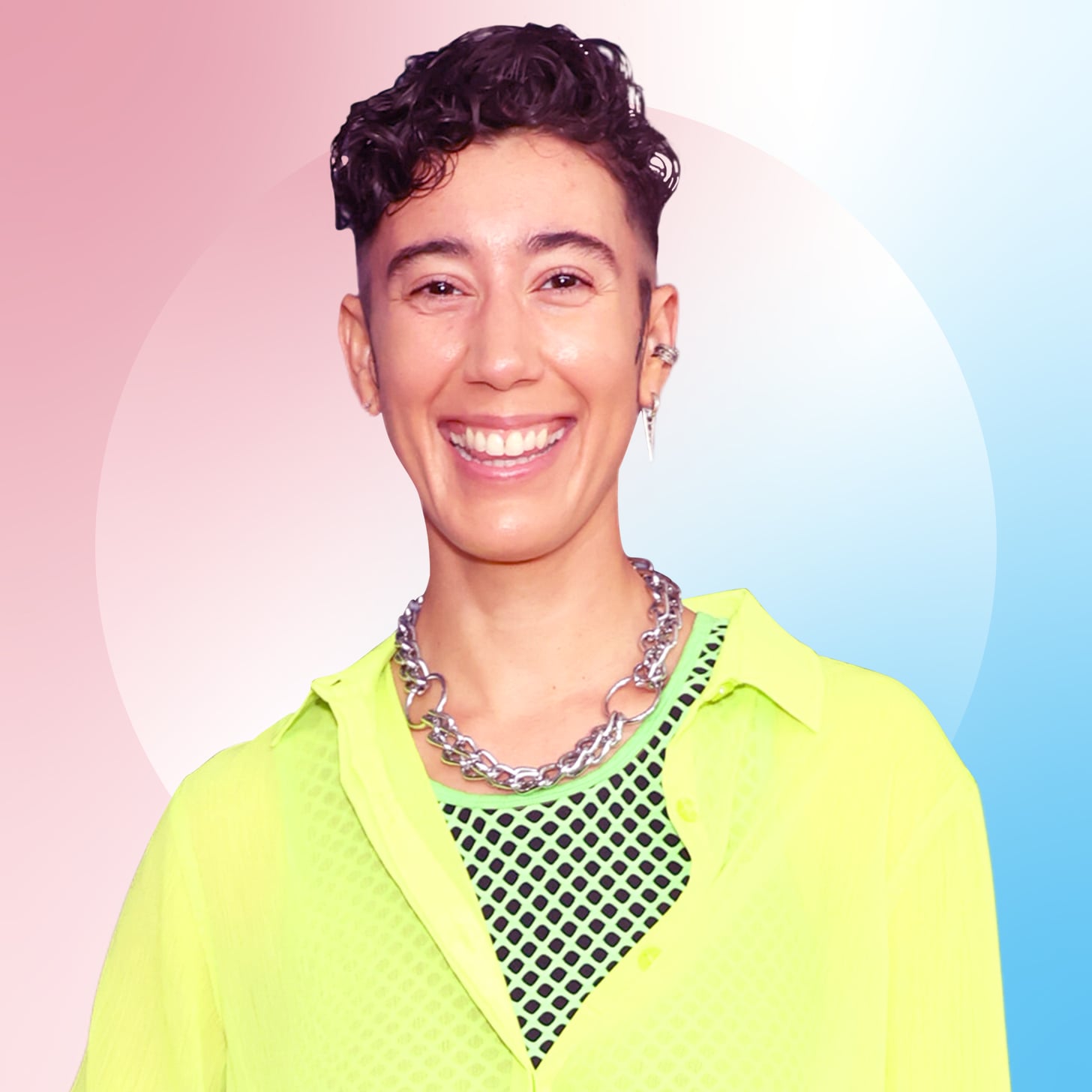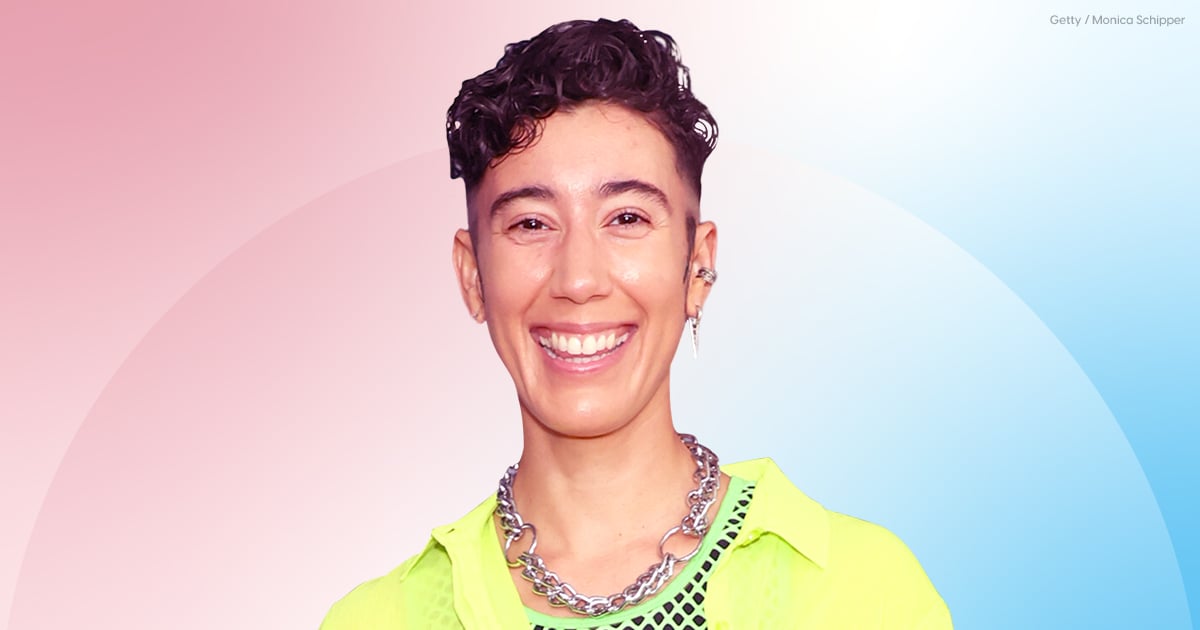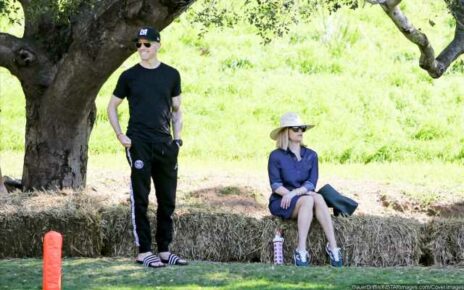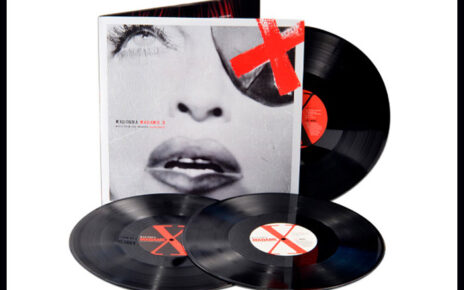
Vico Ortiz is a Puerto Rican actor, drag king, and activist best known on screen for their role as Jim Jimenez in “Our Flag Means Death.” They’ve also had recurring roles on “The Sex Lives of College Girls” and “S.O.Z. Soldados o Zombies.”
Ortiz — who identifies as nonbinary, genderqueer, and genderfluid — is also an outspoken advocate for the queer community and uses their social media platform to speak on trans rights, antiracism, and gender neutrality in the Spanish language.
In a year that has seen unprecedented anti-trans legislation and violence, POPSUGAR is highlighting the perspectives of trans and nonbinary folks throughout Pride Month. These leaders are sharing ways they protect their joy, reminiscing on moments of gender euphoria, and suggesting how allies can support the LGBTQ+ community right now. Explore all of our coverage here, and read Ortiz’s story, in their own words, below.
I was born into a family of performers. My father and my mother are actors in Puerto Rico, and I grew up literally backstage. I grew up between changing rooms, I did homework looking through the theater curtains, and I had sleepovers there, too. I played with my brother all over the audience, and that was my environment. I was around so much magic.
I moved to Los Angeles when I was almost 18, and I visited Puerto Rico at least once or twice a year, but only for, like, seven days — sometimes 10 if I was lucky. In 2019, I was finally able to be there for a whole month and a half and connect with the queer community over there and start going to events there. I listened to people speaking Spanish, using inclusive language, being Puerto Rican and being queer, being loud, and being proud.
I went to my very first Kiki ball, and it was Christmas themed. I signed up for one of the categories even though I had no idea what I was doing. I attempted to vogue — old way voguing without ever doing a lesson. Listen, I had a blast, but I had no idea what I was doing. Each category had a very traditionally Puerto Rican theme to it like el jíbaro, which was how I dressed up — it’s kind of like a farmer or someone that works the land, someone that comes from the more rural sites of Puerto Rico.
Being in that space surrounded by queer people, surrounded by folks celebrating Puerto Rican Christmas traditions through a queer lens, and seeing person after person walking the runway, doing the categories, it was like, “Oh my gosh, I can be all of this. I can just be Vico and just be all of this, all at the same time.” Having my dad find me a mustache, having my dad find me a fake machete, and then my mom also figuring out how to dress me up in the most heroic way possible — I felt so held and connected with so many people. I got home at, like, 4:30 in the morning, and my body was just in this beautiful, cathartic, euphoric moment of, “Wow, Yes. Yes. We exist. Yes. We’re here.”
Source: Read Full Article



